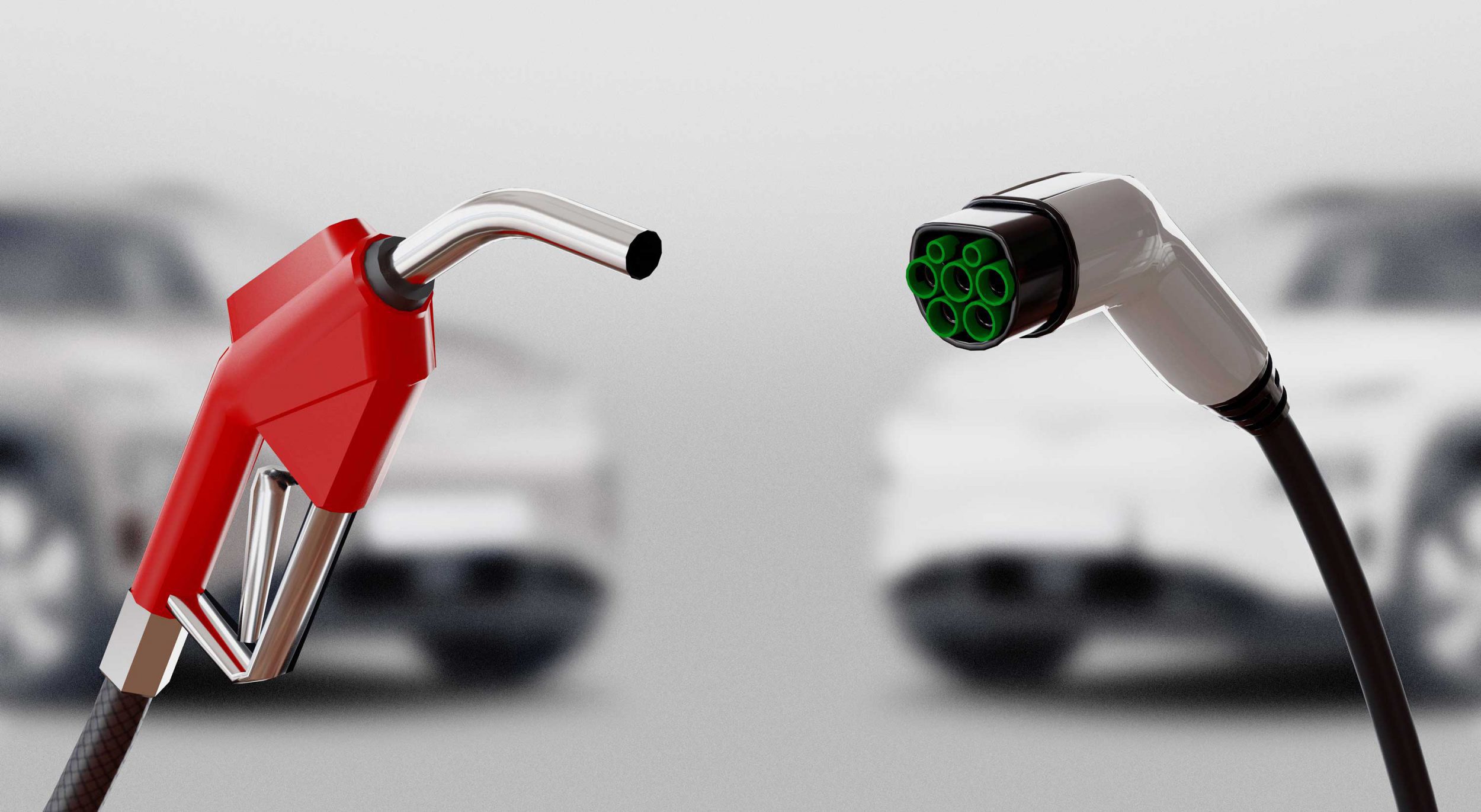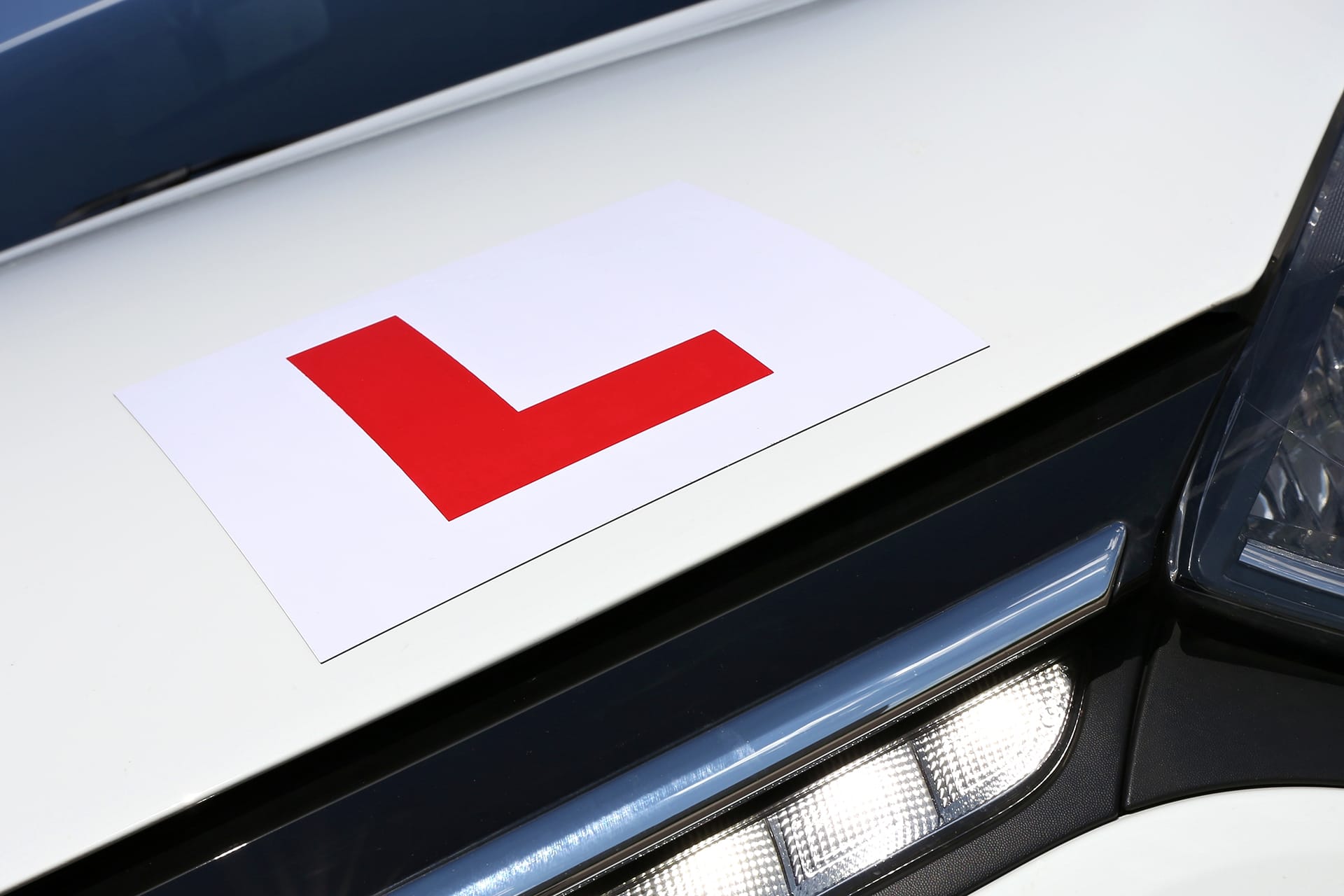Are electric cars better than petrol cars? They weren’t the most convincing option for the average driver 10 or so years ago but, in today’s market, there’s no doubt that they’re catching up with their fossil-fuelled counterparts. And with the UK government’s ban on new petrol and diesel cars coming into force from 2030, and hybrid cars following in 2035, it won’t be long until electric cars overtake their rivals.
In fact, pure electric sales have already begun to speed up significantly. Data from the Society of Motor Manufacturers and Traders shows that more battery electric vehicles (BEVs) were registered in 2021 than over the previous five years combined. Yet petrol cars still dominate new car registrations – and 2030 could be a couple of buying cycles away for most drivers. So which do you go for right now?
To make your car buying journey that bit smoother, you can read below how today’s electric and petrol cars compare on key points such as cost, convenience and performance. But first, how do they actually work?
How do electric and petrol cars work?
While electric cars might appear more complex, at their core they work similarly to the battery-powered devices that you probably use every day.
An on-board battery pack, which you charge at home or on the go at public charging points, holds energy in the form of electricity. This battery releases energy to power a motor, which in turn transfers energy to turn the car’s wheels and get you moving.
Petrol cars get their energy from petrol instead, with which you refill an internal tank at public fuel stations. This petrol is supplied to a combustion engine where it’s ignited via a spark, causing a piston to compress, a crank shaft to turn, gears to rotate, and wheels to move. This process is only slightly different in diesel cars, which use compression-ignited systems instead.
What about hybrid cars?
Hybrid cars combine conventional petrol or diesel engines with electric motors and batteries – hence the name hybrid. Key types include:
- Full or ‘parallel’ hybrids, which can use a combustion engine and a self-charging electric motor either simultaneously or independently
- Mild hybrids, which use a small self-charging electric motor solely to support a combustion engine
- Plug-in hybrids, which you plug in to charge like a fully electric vehicle, and offer greater electric-only range
Electric cars vs petrol cars: Pros and cons compared
So how do electric and petrol cars stack up? We’ve summarised how they compare in five key areas below.
Cost to buy
If you only focus on the initial purchase price of electric cars vs petrol cars, you’ll find that most petrol cars are cheaper right now. And higher list prices for electric cars mean higher lease rates, too.
This is in part because petrol cars have been around for decades, whereas electric cars use newer and (currently) more expensive technology. Petrol cars are also produced in greater numbers.
The same points apply for hybrid cars, which tend to cost somewhere in the middle of the two. Mild hybrids cost less to buy than plug in-hybrids, which are closer to all-electric vehicles in build and function.
There are government grants designed to make electric vehicles more affordable, however. This includes the Plug-in Car Grant (PICG), which offers a maximum discount of £1,500 on approved new low-emission vehicles.
Considering that you’ll likely need a charging point at home, the Electric Vehicle Homecharge Scheme (EVHS) – which offers up to £350 off installation – is also worth looking into. But from April 2022, this scheme is only available to flat owners and people in rental accommodation.
Cost to run
The cost of running an electric car vs a petrol car in the UK is where most electric cars come into their own.
Rather than regular petrol top-ups, all-electric vehicles run solely on electricity – and electric is cheaper than petrol. Charging at work can be the most cost-effective tactic if your employer foots the bill, although a full charge at home will typically only cost a few pounds. Prices at public charging points are usually slightly higher, but not by much.
Electric vehicles also cost less than petrol cars to maintain as they don’t have as many moving parts. Battery repairs and replacements can still be expensive – but regular servicing is less so.
And because pure electric cars don’t create emissions, you won’t pay road tax either. Hybrid cars don’t come with quite the same tax breaks as they still create emissions but your bill will be cheaper than it would be with a pure petrol model.
Environmental impact
Are electric cars better for the environment? The answer, simply put, is yes. The main reason why they were created was to eliminate the harmful CO2 emissions that petrol and diesel cars release through their tailpipes. Reducing this pollution improves air quality, creating healthier environments for people as well as plants and wildlife.
Manufacturing electric cars still uses energy, of course – and their batteries are particularly energy-intensive to produce. But the reduction in emissions created over your car’s lifetime makes electric the greener choice.
Convenience
The issue of refuelling is one where many people still object to electric vehicles. There were over 28,000 public electric charging devices available in the UK at the start of 2022, and the network is expanding every day, but finding one on your route can still take a bit more work than it might do to find a petrol station. Additionally, because electric cars have shorter range than petrol cars, you’ll need to top up more often.
Charging an electric car also takes longer than filling up with petrol. That might mean anywhere from 20 minutes to 24 hours depending on your battery size, charger type and how much charge you need. By contrast, you could be back on the road with a full tank of petrol in a few minutes, depending on station queues.
Driving experience
Electric cars are much quieter than petrol cars on the road, which could be good or bad depending on your personal preference. Neighbours and pedestrians will appreciate a hushed engine, though – as long as they still notice you coming when needed.
In terms of how they feel underfoot, electric cars offer faster acceleration, while petrol cars can reach and sustain higher speeds. Hybrid cars, meanwhile, tend to be less nimble, in part due to having both a combustion engine and battery on board.
Electric cars vs petrol cars: The verdict
Why are electric cars better than petrol in many peoples’ eyes? The answer, in part, is that they represent the future. The UK’s upcoming ban on new petrol, diesel, and eventually hybrid vehicles makes that clear. But in the here and now, you’ll likely want to base your decision on your driving habits and budget.
Conventional petrol cars might still be the better option if you make long journeys on a regular basis, or if you only need access to a vehicle for the short term. But going electric could offer more long-term benefits providing that you can cover the upfront costs.
One great way to test things out before committing is to take a test drive. While we can’t help you decide between a petrol, diesel or electric car, we can offer temporary insurance to cover your trial run. You can get covered if you want to borrow a friend or family member’s car, too.
Want more news, guides and how-tos? Head to our news section.



